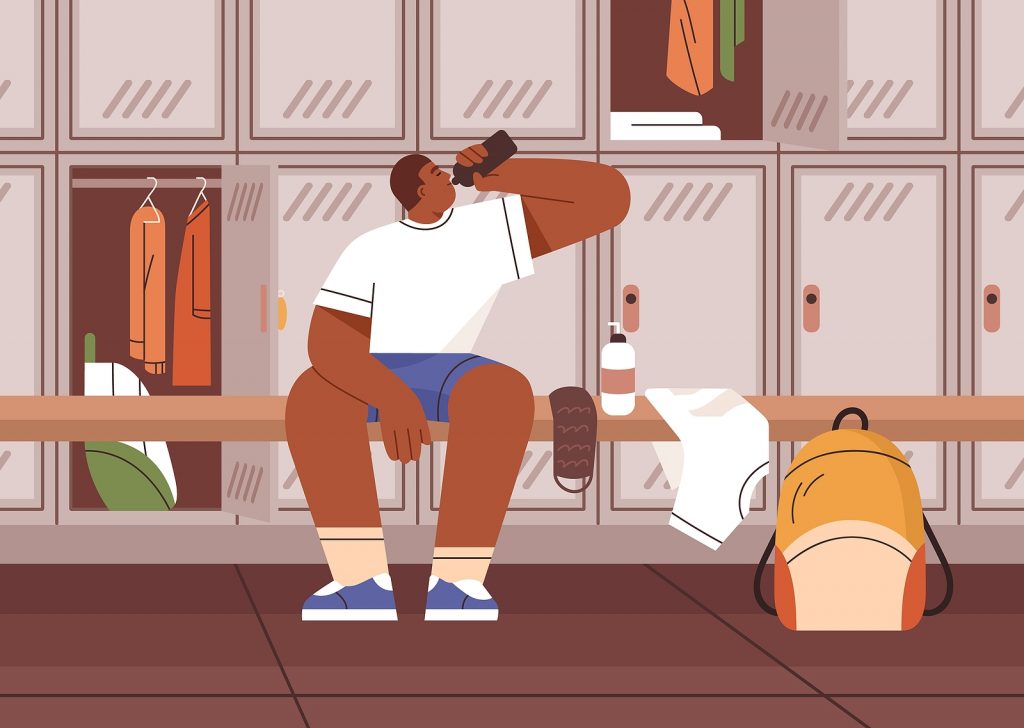The Risk Strategies Annual Student Health Insurance Benchmarking survey provides a detailed look at key factors, including total costs, enrollment, benefits, and trends for the 2022 plan year. Representatives from 83 colleges and universities participated in the survey, with a response rate of 8%. The goal of the inaugural survey is to obtain benchmark data to report on changes and trends year over year. The data we provide brings valuable insights to academic administrators in their effort to build insurance programs that meet the needs of all students.
Costs Increasing. . . So is Emphasis on Value
The annual cost for student health benefits in 2021-22 went up 5% on a calculated average basis, with just under 25% of colleges reporting a rate reduction or no increase. This compares with the 2020 annual employee benefit cost increase projected to be 3.6%, according to Mercer’s 2020 National Survey of Employer-Sponsored Health Plans.
Telehealth here to stay
95% of plans offer telemedicine for both physical and mental health visits and one-third of respondents indicated offering telemedicine for behavioral health to all students was a high priority.
Costs Vary for Students/Much More Affordable than Group Health
Student plan costs vary by segment for undergraduate, graduate, and international students, with the overall average calculated at just under $3,000. Most students pay the entire cost.
By comparison, a survey by Kaiser indicated that average annual premiums for employer-sponsored health coverage reached $22,221 in 2021, with annual employee contributions for family coverage just under $6,000 on average.
Focus on Flexibility and Quality
The overwhelming type of plan offered by colleges and universities is a preferred provider plan. Over 55% of plans have a deductible under $500 and about one-third over $500. This is very low compared to the fact that employer-sponsored high deductible plans that require a minimum deductible of $1,350 per person continue to gain popularity. According to the Mercer survey, enrollment in high-deductible account-based plans rose from 33% of all covered employees last year to 36% in 2019.
Student Health Insurance Key to Protecting Investment
“Finding out about student needs in a post-pandemic marketplace is vital for the nation’s 4,000 colleges and universities as well as the 19 million students they serve. The goal of our benchmarking survey is to give academic institutions the insights needed to set students up for long-term success through the protection of their physical, mental, and financial health.”
Terry Lyons, Managing Director of Risk Strategies Student Health Practice.
Survey results are released in several formats, including Quick Stats and an Executive Summary.





